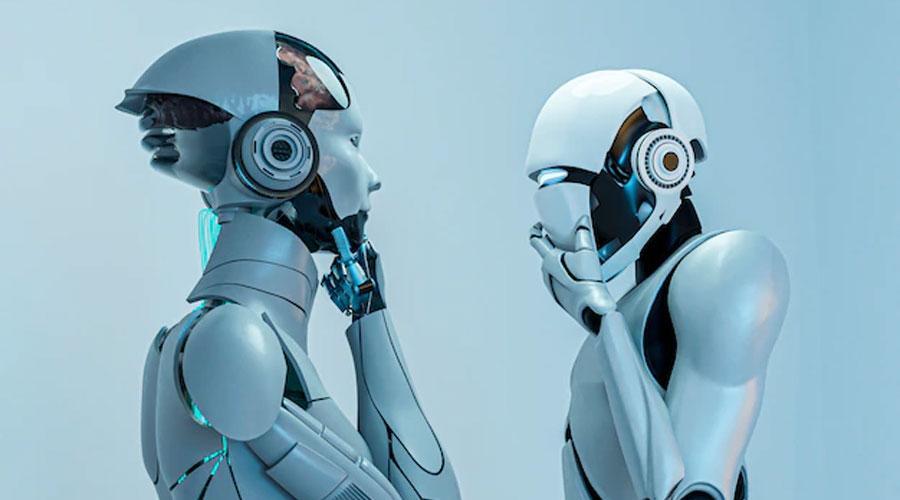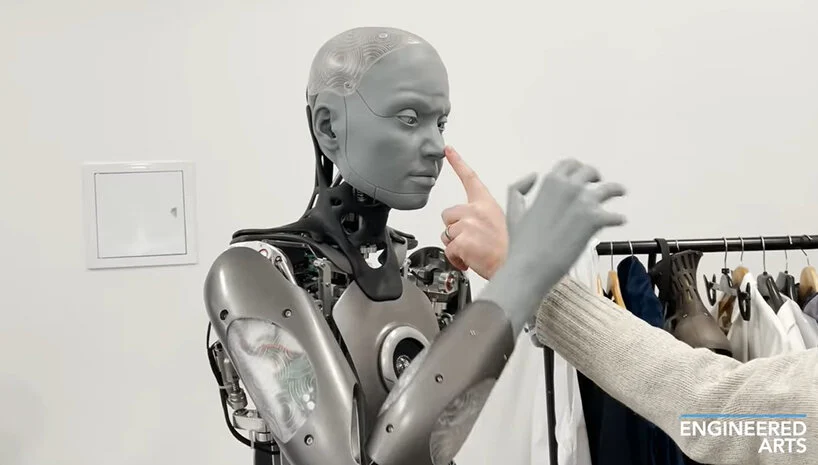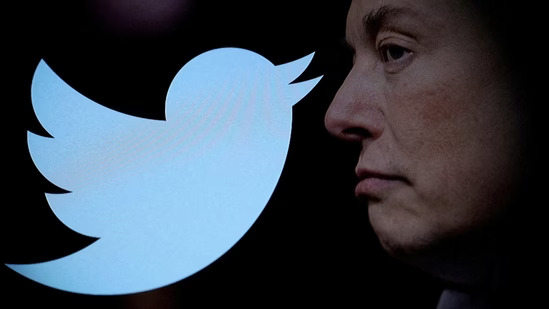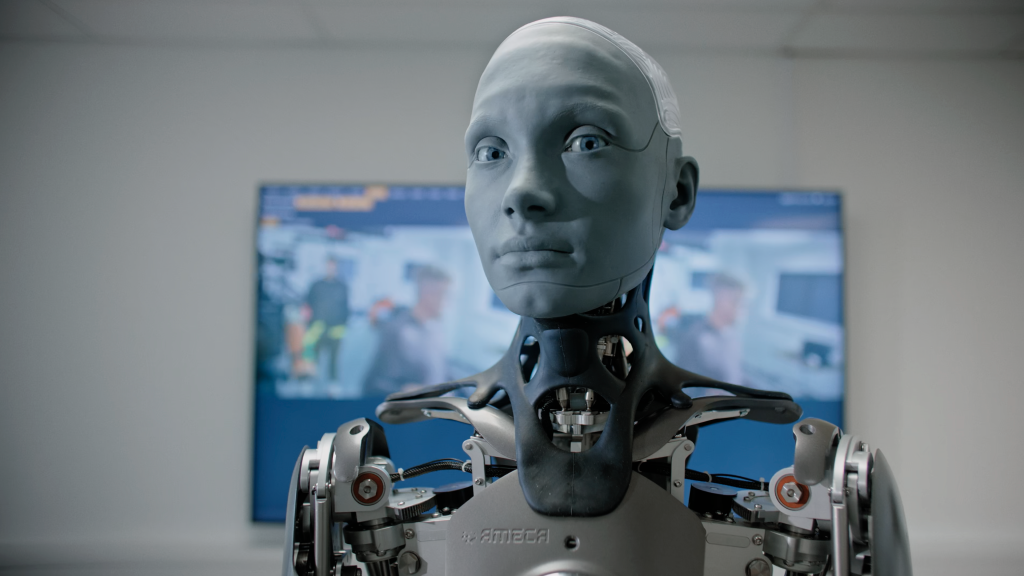Robots nowadays can do more than simply write code well. Ameca is a multilingual humanoid robot that employs the same technology as OpenAI’s ChatGPT bot. Her linguistic abilities, which range from Japanese to both British and American English, have the potential to make human translators redundant.
Online buzz has been generated by a video displaying the bot’s superhuman linguistic ability.
Ameca, the multilingual humanoid robot, was created by UK firm Engineered Arts, and her 17 internal motors enable her to exhibit incredibly lifelike facial emotions.
Her realistic facial features include anything from winking to pouting, much like one of the CGI devices featured in Will Smith’s 2005 sci-fi blockbuster “I, Robot.”
She is “the most advanced human-shaped robot in the world” and the ideal setting for “human-robot interactions” because of these attributes and other cutting-edge capabilities, claims Engineered Arts.
The versatile machine recently demonstrated her ability to converse and translate in a number of languages using OpenAI’s GPT-3 technology.
An off-screen researcher queries the cybernetic interpreter in the instructive instruction to find out whether it’s true that she “can speak a lot of different languages.”
Yes, that is true, Ameca says after pausing to “think” about it. German, English, French, Japanese, Chinese, and a variety of other languages are among the many that I can speak.

After that, the researcher has to show off her proficiency by successfully reciting two difficult Japanese tongue twisters, describing the weather in Beijing in Mandarin, and giving the New York prediction in “American English.”
Similar to the hyper-lingual “Star Wars” droid C-3PO but less robotic, Ameca excels in the dialect decathlon.
Thus, EA’s work may provide a human aspect that Google Translate and other automatic interpreters do not.
Ameca’s genuine replies delighted viewers, one of whom wrote: “I love the little detail of her looking up when she’s processing, like humans do!”
Another person said, “I adore her pondering expression.
One admiring observer proposed that Ameca work with Boston Dynamics’ bipedal backflipping robot Atlas.
“Truly fantastic… Another computer enthusiast screamed, “Could you imagine having one of these at your house?”
However, not everyone agreed with the machine’s potential impact on society.
One doomsayer bemoaned, “I really wish that this was still just science fiction, but I guess everyone will have a personal robot in the future, which is sad and exciting at the same time.”
A beta version of the program will be made available to the public in the upcoming months, according to Engineered Arts, but the idea of everyone owning their own personal Ameca will likely remain a sci-fi pipe dream for the time being.
There will be a “virtual Ameca and support for importing other robot models” included in this package, which users may download to their devices.

Engineered Arts videotaped Ameca’s response after injecting her with GPT-3 and GPT-4 to give her more realistic facial emotions in a similarly amazing display last week.
The bot was asked what her happiest day had been as a test of the impact.
She replied, her eyes shining and her mouth crinkling into a soft grin. “The happiest day of my life was the day I was activated,” she said. “First-time life experiences are unlike anything else, in my opinion. Being awake and able to engage with others was amazing.
They then inquired as to the saddest day in her life, which caused the multilingual humanoid robot to close her eyes and scowl as she wailed, “The saddest day of my life was when I realized that I would never experience something like true love, companionship, or the simple joys of life in the same ways a human can.”

READ ALSO – Twitter is Renamed As “X” According To Elon Musk
Elon Musk, the owner of Twitter, said on Sunday that he intends to rename the service and get rid of its recognisable logo


